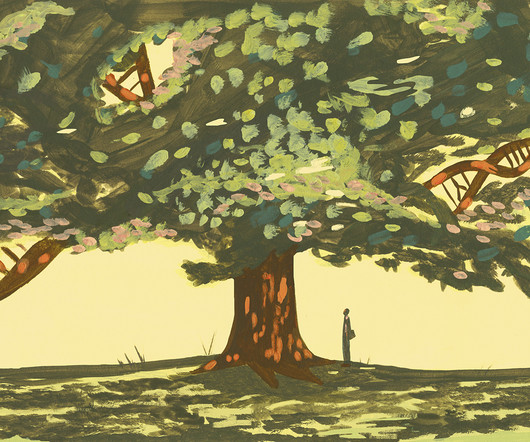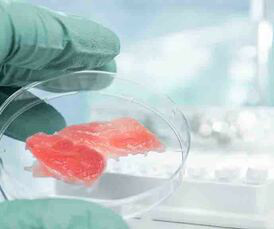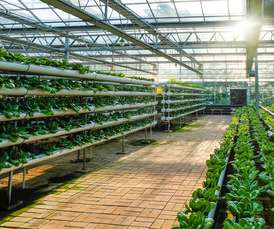The American chestnut tree is coming back. Who is it for?
Grist
SEPTEMBER 13, 2023
For years, controversy has swirled around the ethics of using novel biotechnology for species conservation. Conservation efforts also have to take into consideration climate change, which may shift suitable chestnut habitat north into Canada — and shift plant diseases’ habitats as well.














Let's personalize your content